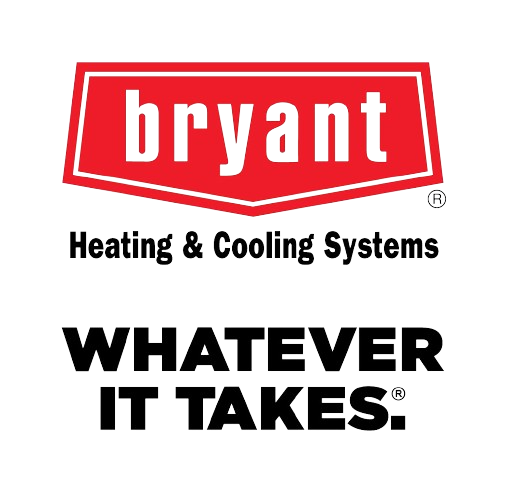It seems we can’t find what you’re looking for. Perhaps searching can help.
Nothing Found
This site is protected by reCAPTCHA and the Google Privacy Policy and Terms of Service apply.
“Great job! Efficient, Knowledgeable, and resourceful with fixtures, plumbing routes and valves, water softeners, and HVAC. Very helpful. Appreciate the candid discussion. Thanks for your expertise. Kudos to Dana!”
“Abraham was absolutely outstanding and Bruce the general manager is wonderful to work with. This is by far the best plumbing company in the valley. Nothing compares to these guys. Home team electric is also an extremely amazing company in the valley. Both of these companies offer a level above you can expect from anyone else in the valley. I highly recommend you call KC’s plumbing.”
“We has some plumbing work done last Friday (7/1/21). Chris was very informative and is quite a hard worker. We has 2 outside spigots replaced and the water heater flushed. All was accomplished successfully. I will definitely consider them for future needs.”

